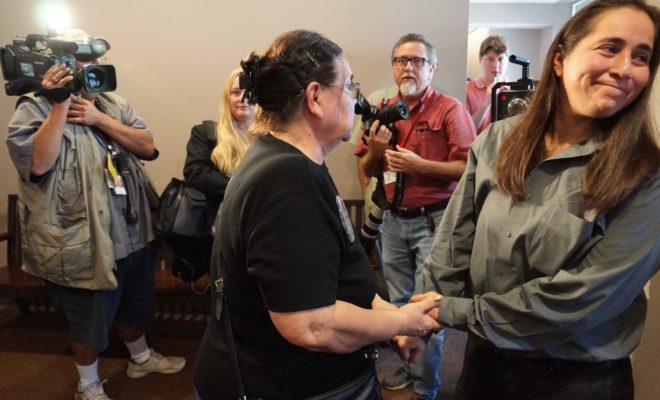 Sundance Institute
Sundance Institute
Film
‘Southwest of Salem’ Documents Fight for Freedom
At a screening of the documentary “Southwest of Salem: The Story of the San Antonio Four,” the women standing at the front of the Beverly Hills theater didn’t seem like people who’ve spent more than a decade in prison. They’re mature and articulate, none of the bitterness or anger that one might expect from people accused of a crime they and many others deny ever happened. But the emotional toll is visible on their faces, and apparent in their words.
The film’s theatrical release in Los Angeles begins Sept. 30 through Oct. 5. But the startling documentary, directed by Deborah Esquenazi, debuted earlier this year at the Tribeca Film Festival, and won jury awards at Outfest in Los Angeles and Frameline in San Francisco.
At the preview screening in Beverly Hills, tears still come after all these years to Anna Vasquez, the most vocal of the San Antonio Four, as she recounts the story of their trial, how she always believed that justice would prevail, and the price they paid for refusing to admit guilt for the alleged molestation of two young girls.
Of the four women, Vasquez spent the least amount of time in prison—12 years. Now awaiting new trials that were awarded because of biased testimony and a hysteria that surrounded the first trial, the women, now all in their 40s, could still wind up back in prison.
In 1994, when they were 19 and 20 years old, they were accused of raping two little girls in what was depicted in the press and in court documents as a satanic ritual typical of the homosexual lifestyle.
The girls were the nieces of one of the accused, Elizabeth Ramirez, and the biggest champion for their arrest was her sister’s boyfriend, the father of the girls, who, as evidence suggests, had pursued a romantic relationship with Ramirez since she was a teen, but was rebuffed.
Ramirez was in a relationship—with another woman. And Vasquez and Cassandra Rivera were living together as a couple, raising Rivera’s children.
Along with Kristie Mayhugh, they were friends who bonded in a conservative town where homosexuality was something that the community and even their own families despised (except Vasquez’s mother, who appears in the film), and gays and lesbians were stereotyped as predators.
One of the accusers, now an adult with children of her own, eventually recanted her testimony, saying she was coached on what to say by her father and grandmother. Surprisingly, her aunt doesn’t blame her, “because she was little,” Ramirez says of the then-7-year-old, and they have since reconnected. But Ramirez is not allowed near her niece’s children, or even her own grandchildren, because she and the other accused are still bound to the sex-offender rules.
The story, as it was reported then, now seems absurd: four lesbian witches torturing and abusing two little girls with guns and knives. But it happened toward the end of the “Satanic panic,” when news reports were hysterically sounding an alarm about Satanic rituals all over the country.
From the headlines and interviews with police and officials, it appears that even if they didn’t commit abuse, the women were guilty anyway—of living an abhorrent lifestyle–and deserved to be put away.
At the preview, Vasquez and Mayhugh talked about losing coveted privileges in prison for refusing to submit to sex-offender counseling, which required them to admit guilt (see video).
Where the case stands now, says the director, Deborah Esquenazi: “In the months ahead, the Innocence Project of Texas will prepare to have this case heard in front of nine judges at the Texas Criminal Court of Appeals, the last stage in the long-winded process to fight for exoneration. What is to come remains unknown in the lives of the ‘San Antonio Four’, and we hope that it includes being exonerated for a crime that never actually happened.”
“Southwest of Salem: The Story of the San Antonio Four,” screens at Laemmle Music Hall Sept. 30-Oct. 5. For more info go to www.southwestofsalem.com.

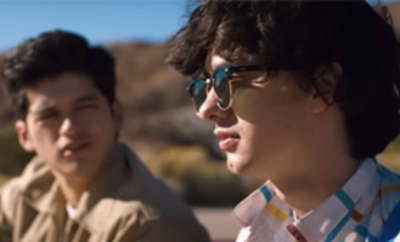
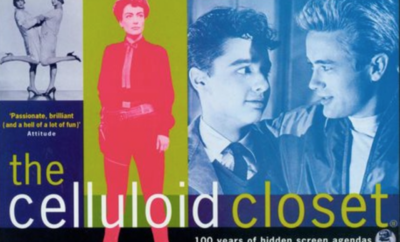


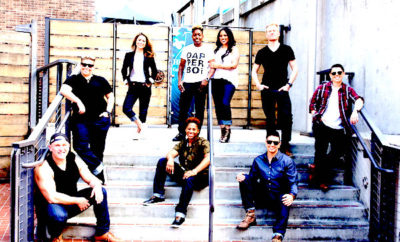

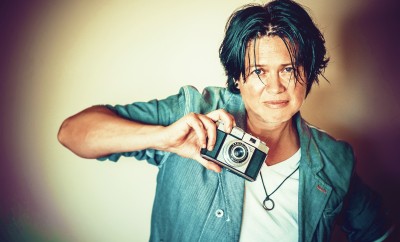
You must be logged in to post a comment Login